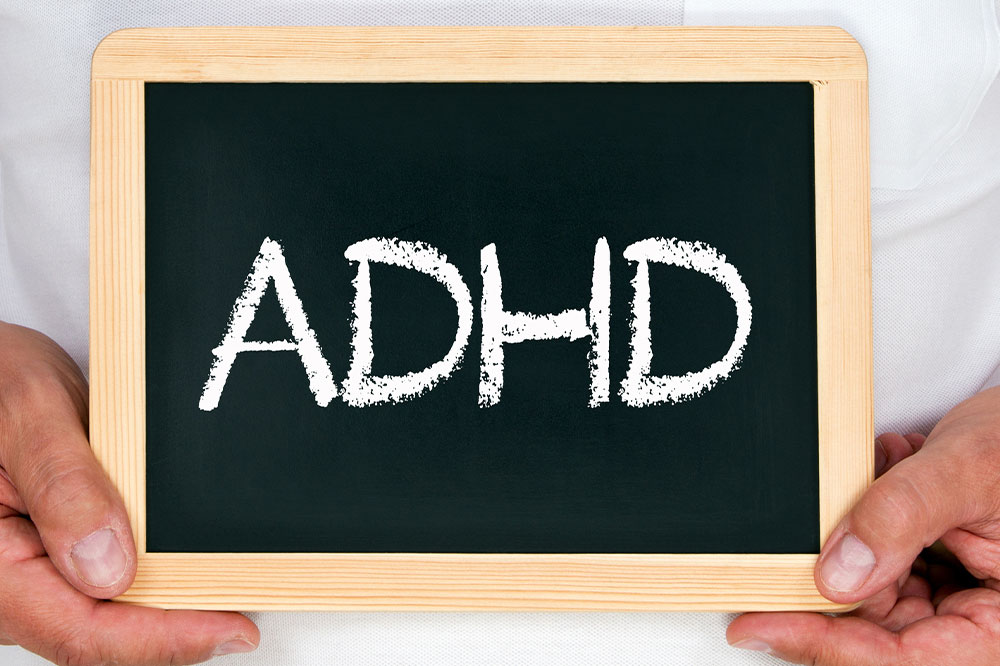Comprehensive Approaches to Supporting People with Disabilities
This comprehensive guide highlights effective strategies for supporting individuals with disabilities, emphasizing legal compliance, mental health support, independent living programs, and government assistance. Empowering disabled persons through community resources and personalized care fosters independence and enhances quality of life, illustrating the importance of a compassionate, holistic approach to disability support.

Comprehensive Approaches to Supporting People with Disabilities
Providing effective support to individuals with disabilities is crucial for fostering their independence, enhancing their quality of life, and ensuring they can participate fully in society. Legal frameworks such as the Americans with Disabilities Act (ADA) serve as foundational protections, ensuring access to essential services like healthcare, employment, and accommodations. While legal protections are vital, practical strategies that address daily needs and emotional well-being play a significant role. This article explores detailed, actionable methods to assist individuals with disabilities, emphasizing the importance of community resources, professional support, and policy adherence.
Supporting individuals with disabilities involves more than just compliance with laws; it requires a compassionate approach that promotes dignity, independence, and inclusion. Here are some comprehensive strategies that can be implemented by families, caregivers, organizations, and communities to make a meaningful difference:
Engage Professional Counseling and Mental Health Support
One of the vital aspects of supporting individuals with disabilities is recognizing and addressing emotional and psychological challenges. Many people with disabilities encounter feelings of frustration, isolation, or depression. Access to qualified mental health professionals can provide coping strategies, emotional resilience, and motivation. Counseling sessions tailored to the needs of disabled persons can significantly improve their mental well-being and self-esteem. Caregivers should encourage open communication and create safe spaces for individuals to express their feelings. Additionally, support groups or peer networks can foster a sense of community and shared understanding, ultimately empowering individuals to face life's challenges confidently.
Adhere to Legal Guidelines and Policies
Understanding the legal rights and protections afforded by laws such as the ADA is fundamental. Organizations and individuals must familiarize themselves with the provisions of the Americans with Disabilities Act and ensure compliance in all aspects of employment, accessibility, transportation, and public services. The US Department of Justice's Civil Rights Division actively enforces these laws, helping to remove barriers and promote equitable access. Regular training sessions for staff and community members can reinforce awareness and ensure rights are upheld, fostering an inclusive environment where disabled individuals can thrive.
Participate in Independent Living Programs
The Center for Independent Living (CIL) plays a pivotal role in empowering disabled persons by providing resources that promote autonomy. CILs operate across many regions, offering training, advocacy, employment assistance, and access to adaptive technologies. These programs aim to enable individuals to live independently in their communities rather than rely solely on institutional settings. Connecting with local CIL organizations allows individuals and families to learn about available services, navigate complex systems, and access vital support networks.
Explore Assisted Living and Support Services
Assisted Living Services (ALS) are designed to support daily activities such as bathing, dressing, medication management, and mobility assistance. These services help safeguard the health and safety of disabled individuals while promoting their independence. Many assisted living facilities and home care agencies tailor their support plans to meet specific needs, ensuring personalized care that respects individual preferences. Such services are critical in maintaining a balanced, healthy lifestyle, and often involve a team of healthcare professionals and caregivers dedicated to enhancing quality of life.
Additionally, government programs like Social Security Disability Insurance (SSDI) provide vital financial assistance to those unable to work due to disabilities. SSDI offers monthly benefits to help cover living expenses, medical costs, and rehabilitation needs. Furthermore, various grants and subsidies are available to support education, access to medications, adaptive equipment, and specialized therapies. These resources help mitigate the financial burdens faced by many disabled individuals and facilitate smoother integration into daily life. It’s important to understand that disability does not limit potential; with the right support systems in place—including hope, community resources, and policy protections—people with disabilities can lead fulfilling, independent lives.





